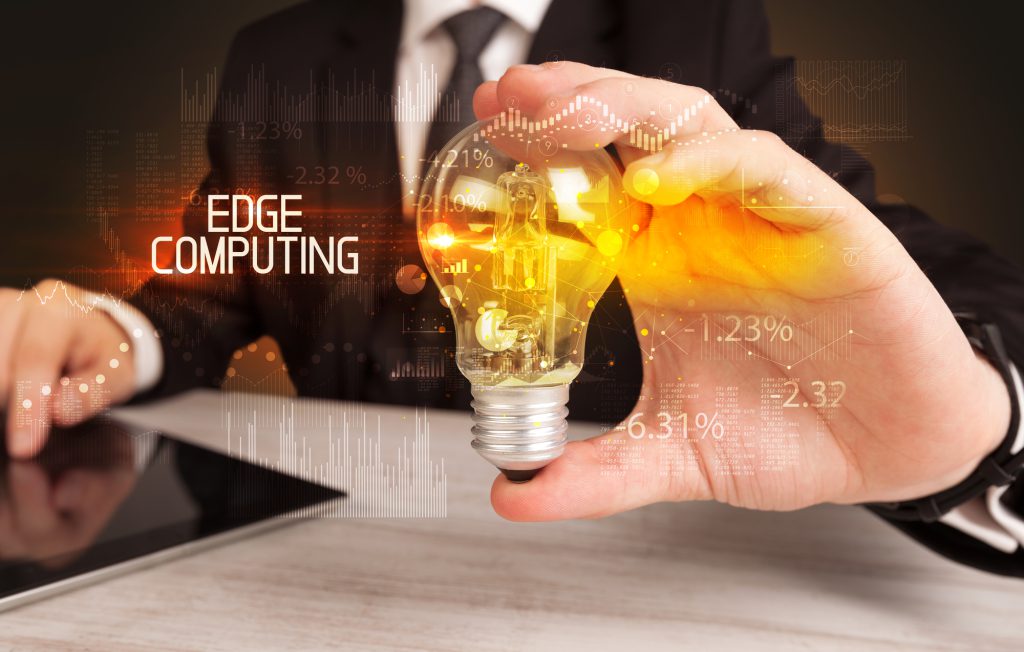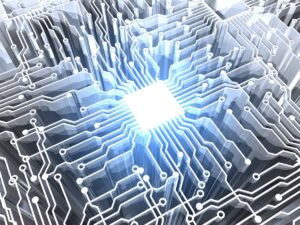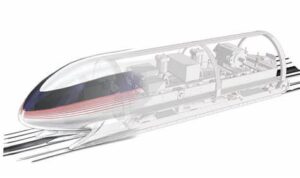Learn more about the benefits of edge computing and its potential to revolutionize the digital landscape!
In an increasingly data-driven world, the ability to process and analyze vast amounts of information in real-time has become critical for businesses across industries. Traditional cloud computing infrastructure has been instrumental in handling data processing tasks; however, as the volume of data continues to soar and latency becomes a concern, a new paradigm has emerged – Edge Computing. This transformative technology brings data processing closer to the source, enabling real-time data analysis and unlocking a plethora of possibilities. In this article, we explore edge computing, its benefits, and its potential to revolutionize the digital landscape.
Understanding Edge Computing
Edge computing is a decentralized computing architecture that brings computing power and data storage closer to the devices and endpoints generating data. Instead of sending all data to centralized cloud servers for processing, edge devices process and analyze data locally, at the “edge” of the network. This proximity to data sources reduces latency and enables real-time or near-real-time data processing and decision-making.
Empowering Real-Time Data Processing
Low Latency, High Responsiveness: Edge computing drastically reduces data transfer time to and from cloud servers, resulting in low latency and immediate responsiveness. This is especially crucial for applications that demand real-time interactions, such as autonomous vehicles, augmented reality, and industrial automation.
Bandwidth Optimization: Edge computing minimizes the need to send large volumes of data to centralized data centers, thereby reducing bandwidth requirements. This becomes invaluable in scenarios where bandwidth is limited or expensive.
Enhanced Data Privacy and Security: With sensitive data processed locally on edge devices, security risks associated with transmitting data over long distances are mitigated. Edge computing enhances data privacy and reduces vulnerability to potential cyberattacks.
Improved Reliability and Resilience: By reducing dependency on a single centralized data center, edge computing enhances system reliability and resilience. Edge devices can continue to function independently even in case of cloud outages.
Real-Time Analytics and Decision-Making: With edge computing, data analysis and decision-making can happen on the spot. This empowers businesses to respond swiftly to critical events and capitalize on time-sensitive opportunities.
Applications and Use Cases
Internet of Things (IoT): Edge computing is a perfect match for the IoT ecosystem, where billions of connected devices generate data. In industrial IoT, for example, sensors and machines can process data locally, enabling predictive maintenance and minimizing downtime.
Autonomous Vehicles: Edge computing empowers self-driving vehicles to process sensor data in real-time, enabling instantaneous decision-making for safe navigation.
Remote Asset Management: In industries like energy and utilities, edge computing allows remote assets and sensors to process data on-site, optimizing asset performance and reducing operational costs.
Healthcare and Telemedicine: Edge computing enables real-time processing of patient data, enabling remote monitoring and immediate responses in healthcare.
Retail and Customer Experience: Edge computing can enhance the customer experience in retail by delivering personalized and context-aware content in real-time.
Edge computing has emerged as a transformative technology, offering a paradigm shift in data processing and analysis. By bringing computing power closer to the data source, edge computing empowers real-time decision-making, reduces latency, and enhances overall system performance. As businesses continue to adopt IoT, AI, and other data-intensive technologies, the need for real-time data processing will only intensify. Embracing edge computing will enable organizations to thrive in the data-driven era, revolutionizing industries and driving innovation to new frontiers. As the world becomes increasingly connected and data-centric, the edge is where the future unfolds.
The Perfect Planner Team is here if you have any questions about Edge Computing, and we offer a free consultation service. If you would like to connect with us on this article or any other topic, please message us on LinkedIn, shoot us an email at info@perfectplanner.io, visit our website at www.perfectplanner.io, or give us a call at 423.458.2979.
Author: Thomas Beil
Publication Date: November 3, 2023
© Copyright 2023 Perfect Planner LLC. All rights reserved.






